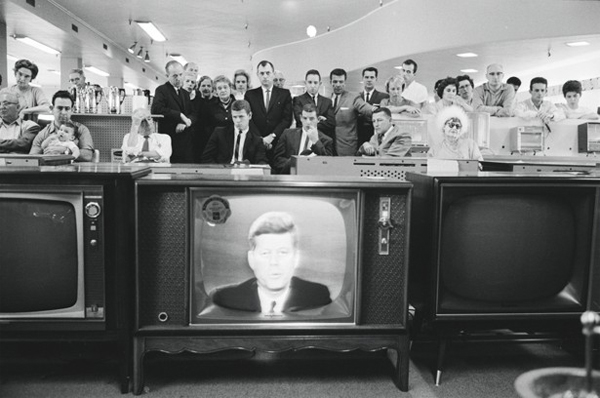
Cuban Missile Crisis on October 22, 1962
Cuban Missile Crisis: In a televised speech of extraordinary gravity, President John F. Kennedy announces that U.S. spy planes have discovered Soviet missile bases in Cuba. These missile sites—under construction but nearing completion—housed medium-range missiles capable of striking a number of major cities in the United States, including Washington, D.C. Kennedy announced that he was ordering a naval “quarantine” of Cuba to prevent Soviet ships from transporting any more offensive weapons to the island and explained that the United States would not tolerate the existence of the missile sites currently in place. The president made it clear that America would not stop short of military action to end what he called a “clandestine, reckless, and provocative threat to world peace”.
What is known as the Cuban Missile Crisis actually began on October 15, 1962—the day that U.S. intelligence personnel analyzing U-2 spy plane data discovered that the Soviets were building medium-range missile sites in Cuba. The next day, President Kennedy secretly convened an emergency meeting of his senior military, political, and diplomatic advisers to discuss the ominous development. The group became known as ExCom, short for Executive Committee. After rejecting a surgical air strike against the missile sites, ExCom decided on a naval quarantine and a demand that the bases be dismantled and missiles removed. On the night of October 22, Kennedy went on national television to announce his decision. During the next six days, the crisis escalated to a breaking point as the world tottered on the brink of nuclear war between the two superpowers.
On October 23, the quarantine of Cuba began, but Kennedy decided to give Soviet leader Nikita Khrushchev more time to consider the U.S. action by pulling the quarantine line back 500 miles. By October 24, Soviet ships in route to Cuba capable of carrying military cargoes appeared to have slowed down, altered, or reversed their course as they approached the quarantine, with the exception of one ship—the tanker Bucharest. At the request of more than 40 nonaligned nations, U.N. Secretary-General U Thant sent private appeals to Kennedy and Khrushchev, urging that their governments “refrain from any action that may aggravate the situation and bring with it the risk of war.” At the direction of the Joint Chiefs of Staff, U.S. military forces went to DEFCON 2, the highest military alert ever reached in the postwar era, as military commanders prepared for full-scale war with the Soviet Union.
On October 25, the aircraft carrier USS Essex and the destroyer USS Gearing attempted to intercept the Soviet tanker Bucharest as it crossed over the U.S. quarantine of Cuba. The Soviet ship failed to cooperate, but the U.S. Navy restrained itself from forcibly seizing the ship, deeming it unlikely that the tanker was carrying offensive weapons. On October 26, Kennedy learned that work on the missile bases was proceeding without interruption, and ExCom considered authorizing a U.S. invasion of Cuba. The same day, the Soviets transmitted a proposal for ending the crisis: The missile bases would be removed in exchange for a U.S. pledge not to invade Cuba.
The next day, however, Khrushchev upped the ante by publicly calling for the dismantling of U.S. missile bases in Turkey under pressure from Soviet military commanders. While Kennedy and his crisis advisers debated this dangerous turn in negotiations, a U-2 spy plane was shot down over Cuba, and its pilot, Major Rudolf Anderson, was killed. To the dismay of the Pentagon, Kennedy forbid a military retaliation unless any more surveillance planes were fired upon over Cuba. To defuse the worsening crisis, Kennedy and his advisers agreed to dismantle the U.S. missile sites in Turkey but at a later date, in order to prevent the protest of Turkey, a key NATO member.
On October 28, Khrushchev announced his government’s intent to dismantle and remove all offensive Soviet weapons in Cuba. With the airing of the public message on Radio Moscow, the USSR confirmed its willingness to proceed with the solution secretly proposed by the Americans the day before. In the afternoon, Soviet technicians began dismantling the missile sites, and the world stepped back from the brink of nuclear war. The Cuban Missile Crisis was effectively over. In November, Kennedy called off the blockade, and by the end of the year all the offensive missiles had left Cuba. Soon after, the United States quietly removed its missiles from Turkey.
The Cuban Missile Crisis seemed at the time a clear victory for the United States, but Cuba emerged from the episode with a much greater sense of security. A succession of U.S. administrations have honored Kennedy’s pledge not to invade Cuba, and the communist island nation situated just 80 miles from Florida remains a thorn in the side of U.S. foreign policy. The removal of antiquated Jupiter missiles from Turkey had no detrimental effect on U.S. nuclear strategy, but the Cuban Missile Crisis convinced a humiliated USSR to commence a massive nuclear buildup. In the 1970s, the Soviet Union reached nuclear parity with the United States and built intercontinental ballistic missiles capable of striking any city in the United States.
History Channel / Wikipedia / Encyclopedia Britannica / Office of the Historian / JFK Library / Cuban Missile Crisis.org / The Atlantic
Wikipedia Photo: Cuban Missile Crisis: Fidel Castro and Nikita Khruschev; President John F. Kennedy; U-2 reconnaissance plane; U2 Image of Cuban Missile Crisis; Missile silo.
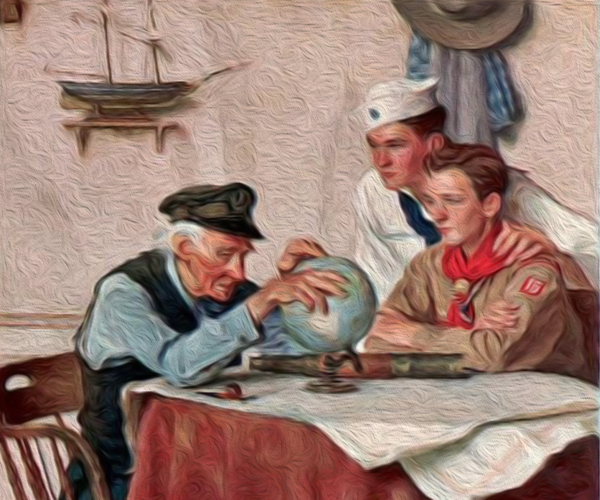
Understanding Military Terminology - Low-visibility operations
(DOD) Sensitive operations wherein the diplomatic-military restrictions inherent in covert and clandestine operations are either not necessary or not feasible; actions are taken as required to limit exposure of those involved and/or their activities and with the knowledge that the action and/or sponsorship of the operation may preclude plausible denial by the initiating power. Joint Publications 3-05 (Special Operations)
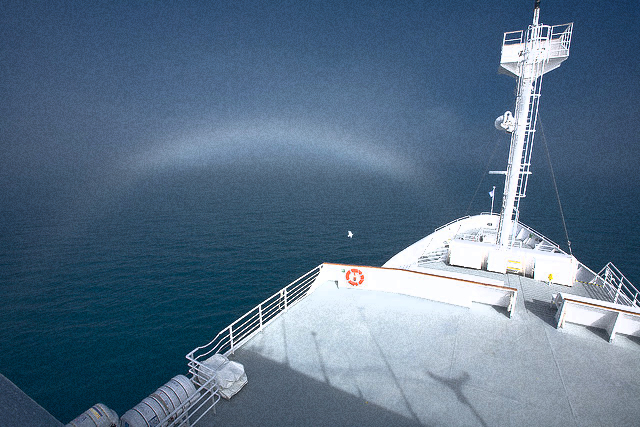
The Old Salt’s Corner
A limber hole is a drain hole through a frame in a boat designed to prevent water from accumulating against one side of the frame. Limber holes are common in the bilges of wooden boats.
In modern armored warfare, hull-down is a position taken up by an armored fighting vehicle (AFV) so that its hull (the main part of the vehicle) is behind a crest or other raised ground, but its turret (or a superstructure or roof-mounted weapon) is exposed. Turret-down is the position in which the vehicle's crew can observe forward from roof hatches, but the vehicle is completely hidden (usually a few meters further back from a hull-down position). The belly armor should not be exposed, because it is vulnerable to even modest antitank weapons.

“I’m Just Sayin’”
Ever notice how irons have a setting for “permanent” press?

“Thought for the Day”
“A fool walks in with his mouth open and his eyes shut.
~ Proverbs 13:4 ... Proverbs 13:3

“What I Have Learned”
“When you find a job you love, give it everything you’ve got.”
~ Anonymous

Bizarre News (we couldn’t make up stuff this good – real news story)

An international property-rental service recently found a seven-bedroom castle on 200 acres in Ringuette, France, for the equivalent of $2,925 a month - which San Francisco’s KNTV immediately contrasted with the listing of a 401-square-foot apartment in the city’s Lower Haight district, offered at $3,000 per month. Another French castle (six bedrooms, a pool, three-acre garden, “several lawns”) rents for the equivalent of $4,940 - about what a three-bedroom on Collins Street in San Francisco goes for.
KNTV Bay Area News (09/09/2015)
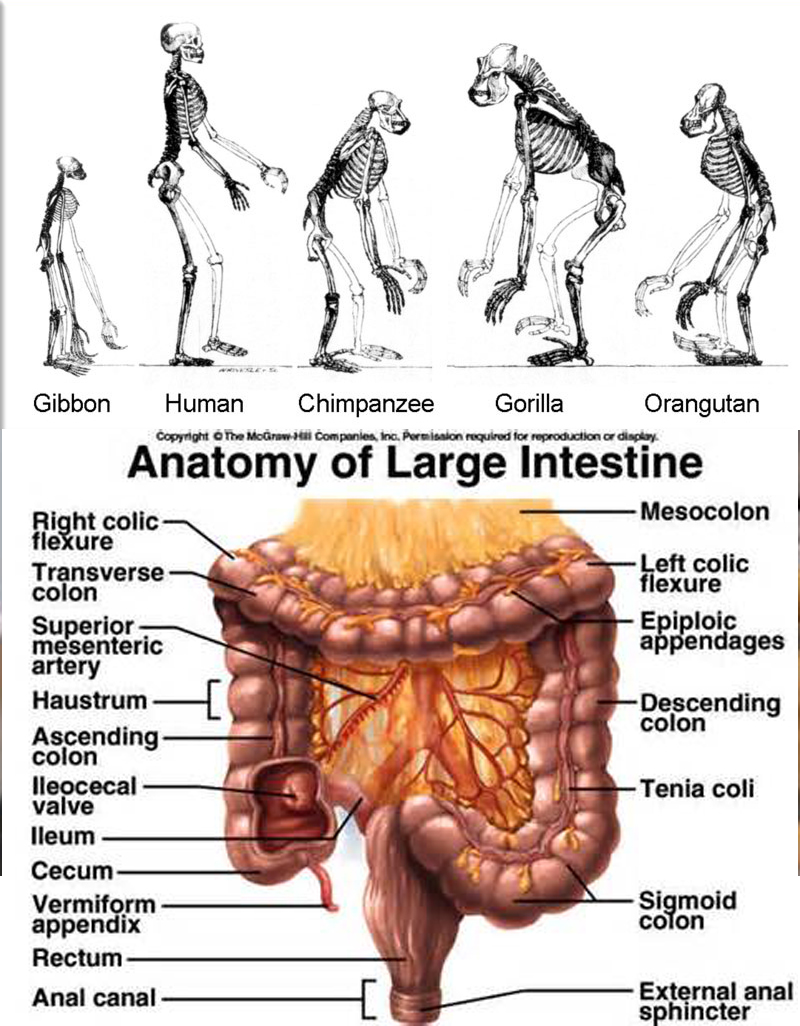
Mr. Answer Man Please Tell Us: What Purpose Did the Appendix Once Serve?
The appendix is often only noticed when it necessitates troublesome removal. Wouldn't we be better off never having had an appendix at all? Darwin himself speculated that the appendix never served an independent function, and that it had once been part of a much larger cecum that shriveled as it shrank into a separate, useless fold.
But Darwin didn't have the whole picture. Recent research by William Parker from Duke and other doctors suggests that not only was the appendix once very important, it still is in some countries. The appendix, it turns out, is not vestigial at all.
In 2007, Dr. Parker and a team of immunologists at Duke published a study asserting that the appendix serves as a “safe house” for beneficial gut bacteria in the event of a serious gastrointestinal disease. Once the body's immune system has defeated the disease, the healthy microbes that had been safely ensconced in the appendix quickly repopulate the gut.
“{The appendix} looks like it’s situated perfectly to reboot the system if you get an infectious disease—say cholera or typhoid—some kind of infectious disease of the gut that would cause a diarrheal response”.
In 2013, Dr. Parker worked with an international team of researchers on mapping the evolution of the appendix. Their study compiled information on the diets of 361 living mammals and found that the 50 species now considered to have an appendix are so diversely scattered across the mammalian evolutionary tree that the appendix must have evolved independently at least 32 times, and perhaps as many as 38 times.
“It’s what we call a recurrent trait, it comes and goes but only in certain mammal groups, in other mammal groups you just don’t see it at all”, Parker explains. Establishing the appendix as a recurrent trait helps to back Dr. Parker's safe house theory. In most cases, when the appendix first begins to appear in a species there is no sign of a dietary shift, as Darwin speculated, that would accompany a shrinking cecum. Evolution was selecting for the development of an appendix over and over again, likely because of the role it played in backing up the immune system.
But does its ability to protect beneficial bacteria still work? “We think so, that’s hypothetically the case. Of course, no one is willing to do that experiment”, Dr. Parker said.
In developed countries, “{The appendix} was probably very useful around 1850, maybe even say 1890. But it’s become much less useful since 1950 when toilets were essentially universal in the United States”. And it likely still plays an important function in developing nations where infectious gut diseases are more prevalent.
The appendix's apparent ability to contribute to the immune system means that, contrary to popular belief and widespread categorization, it may not be vestigial after all. Instead, as Dr. Parker says, “We’ve had some social changes that have made a lot of parts of our immune system inactive.”
Encyclopedia Britannica
• Mental Floss
• Web MD
• Wikipedia

Where Did That Saying Come From?
“Let Your Hair Down:” History: Parisian nobles risked condemnation from their peers if they appeared in public without an elaborate hairdo.
Some of the more intricate styles required hours of work, so of course it was a relaxing ritual for these aristocrats to come home at the end of a long day and let their hair down.
Phrases.org UK
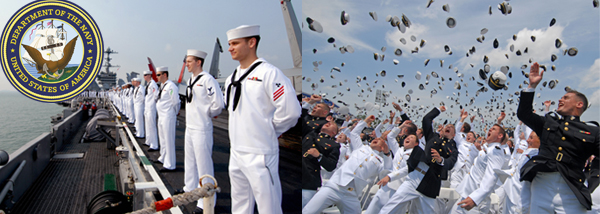
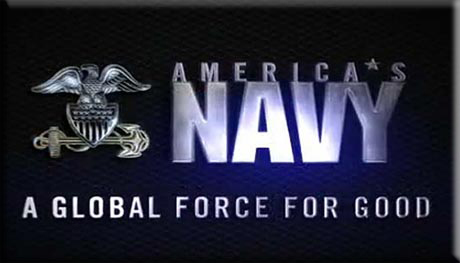
NAVSPEAK aka U.S. Navy Slang
Gator-Freighter: Ship used in amphibious warfare, or generally the transportation of marines and their equipment. Especially, a carrier-like vessel (amphibious assault ship) whose primary purpose is to put ass in the grass.
George: The junior most officer onboard a surface ship. Also spelled “JORG”, meaning Junior Officer Requiring Guidance.
GITMO: Guantanamo Bay Naval Station on Cuba, which had a shorthand designation of GTMO.
Getting Slant-Eyed: Masturbating.
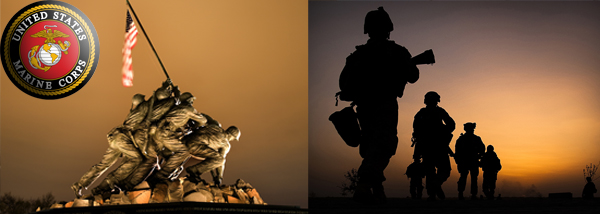
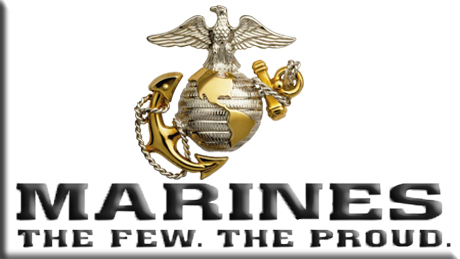
Just for you MARINE
Gourd: The human head.
Grab Ass: Horseplay, goofing around, any unauthorized or unapproved activity. Has no sexual context.
Grade: The relative position of a person to other persons of similar rank. See pay grade.
Grape: A person's head.
Grass: Marijuana. See also Mary Jane, Iceplant.

Naval Aviation Squadron Nicknames
VP-30 - Patrol Squadron 30: “Pro’s Nest”
NAS Jacksonville, Florida

Aircraft Nicknames
F-111 Aardvark was a supersonic, medium-range interdictor and tactical Attack aircraft that also filled the roles of strategic bomber, aerial reconnaissance, and electronic-warfare aircraft in its various versions.
The F-111 pioneered several technologies for production aircraft, including variable-sweep wings, afterburning turbofan engines, and automated terrain-following radar for low-level, high-speed flight. Its design influenced later variable-sweep wing aircraft, and some of its advanced features have since become commonplace.
Military Today / Wikipedia

The Strange, Mysterious or Downright Weird
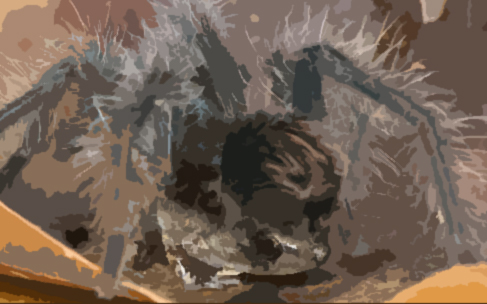
“Tiny frogs and giant spiders: the best of friends:”The dotted humming frog and the burrowing tarantula have quite the mutually beneficial relationship – something that is even more remarkable because the spider, owing to its size, could very easily kill and consume the tiny frogs.
These frogs feed on the insects that are attracted by the remains of the tarantula’s prey; the frogs also remain protected from predators like snakes due to the presence of the massive spider in the vicinity.
The spider, on the other hand, is benefitted by the presence of the frog, which specializes in eating ants – one of the major predators of the spider’s eggs.
Science Blogs

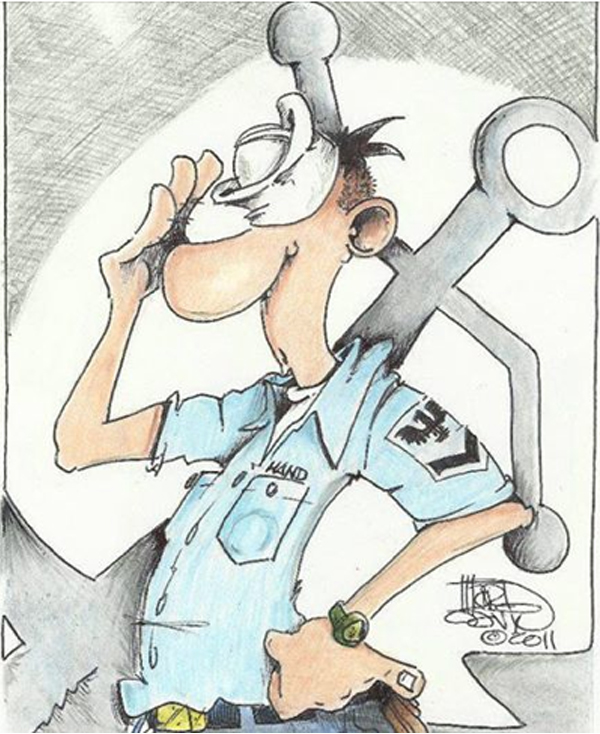
SONG FACTS
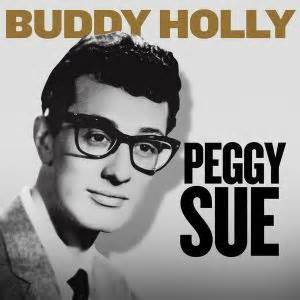
“Peggy Sue” - Buddy Holly
Album: Buddy Holly
Released 1957 
Holly wrote this about Peggy Sue Gerron, who was dating Holly's drummer with The Crickets, Jerry Allison. Holly was not involved with Peggy Sue, but liked the name for the song. Allison and Peggy Sue eventually got married, but divorced 11 years later.
At first, Holly was going to call this “Cindy Lou”. Jerry Allison asked if the name could be changed as a favor to him. It probably wouldn't be heard outside of Lubbock, Texas anyway and it would really mean some brownie points for Jerry. Buddy had no problem with the name change.
This was the first hit credited to Holly without his backing band, The Crickets. The Crickets did play on this, but Holly's songs were released on one of two labels, Coral Records crediting him as a solo artist and Brunswick with The Crickets. Both labels were owned by Decca Records.
Allison had trouble keeping the right beat when they recorded this. The song had been written in Cha-Cha time. The engineer came on the mike and told Jerry: “If you don't get it right in the next take we're gonna change the name back to Cindy Lou.” Jerry thought the guy might not be kidding so he asked for a few more minutes to “go through some exercises”. He did just that. As he was going through the “new” warm-up, the beat to the song was changed from Cha-Cha to Jerry's new beat that was merely a part of his warm up routine for the high school band. Buddy began to change the guitar licks to fit the beat and the new rhythm developed right there on the spot.
“Peggy Sue” has been mentioned in the lyrics to several other songs, including “Splish Splash”  by Bobby Darin and “Barbara Ann”
by Bobby Darin and “Barbara Ann”  by The Regents and later by The Beach Boys.
by The Regents and later by The Beach Boys.
This song was a big influence on Tommy Roe's 1962 #1 hit “Sheila”  .
.
Holly wrote a sequel to this called “Peggy Sue Got Married”, which was released on a compilation album after he died. It inspired the 1986 movie Peggy Sue Got Married starring Kathleen Turner and Nicolas Cage.
On September 8, 2001, 48,000 people in Lubbock, Texas, tried to get into the Guinness Book of World Records by singing this at the Texas Tech-New Mexico football game. Horn-rimmed glasses like Holly used to wear were distributed to get them in the mood. The day before the game is when Holly would have turned 65.
The Crickets official site / Rock & Roll Hall of Fame / Biography / Song Facts / Wikipedia
Image: “Buddy Holly - Peggy Sue (album)” by Buddy Holly
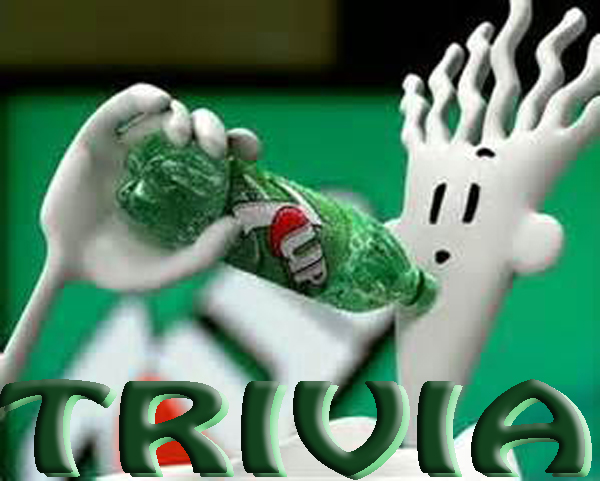
Trivia
● 7-Up was originally called “Bib-Label Lithiated Lemon-Lime Soda”.
● Holograms are images made using lasers. That said, if you make a hologram of a magnifying glass, the resulting image would also function as a magnifying glass.
● The Orange River in southern Africa isn't named for the fruit or the color; it's named for the Dutch royal family who sent explorers to “discover” the area.

A Test for People Who Know Everything
William Wrigley originally started in the baking powder business. With his powder, he gave a free premium. What was the freebee?
● Answer for People Who Do Not Know Everything, or Want to Verify Their AnswerWrigley
Answer to Last Week's Test
Before the invention of nylon bristles in the late 1930's, tooth brushes actually enabled decay and disease. Why?
Answer: Up until that time, the bristles where made from hog hair; the hollow shafts of the hair tended to retain bacteria. Mental Floss

Joke of the Day
A guy came into a bar one day and said to the barman “Give me six double vodkas”.
The barman says “Wow!, you must have had one hell of a day.”
“Yes, I've just found out my older brother is gay.”
The next day the same guy came into the bar and asked for the same drinks. When the bartender asked what the problem was today, the answer came back, “I've just found out that my younger brother is gay too!”
On the third day the guy came into the bar and ordered another six double vodkas.
The bartender says “Geez! Doesn't anybody in your family like women?”
“Yeah, my wife...”

























